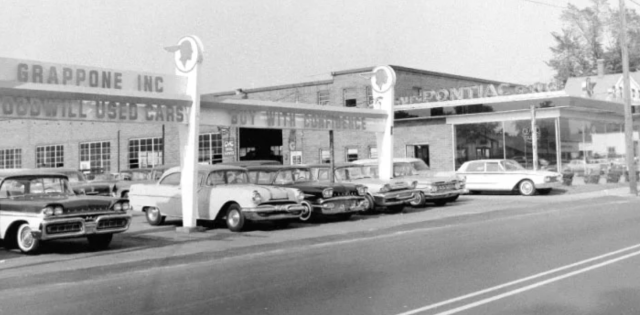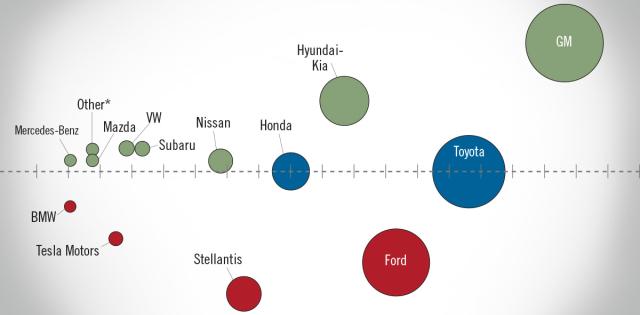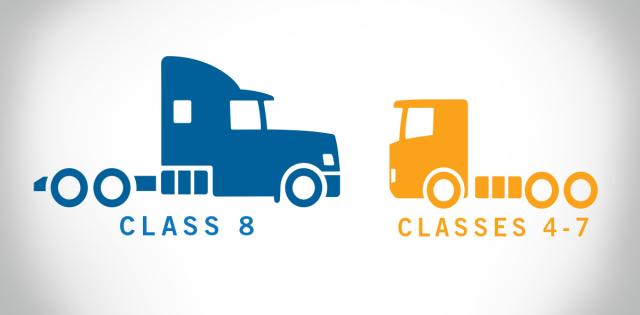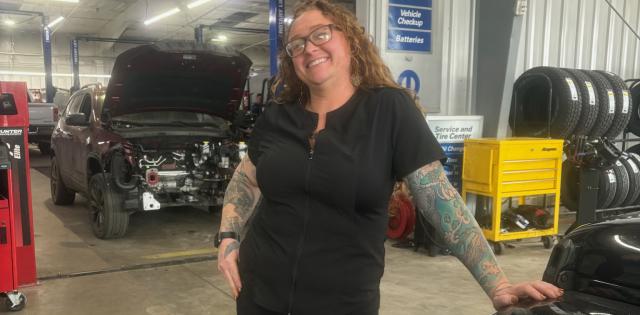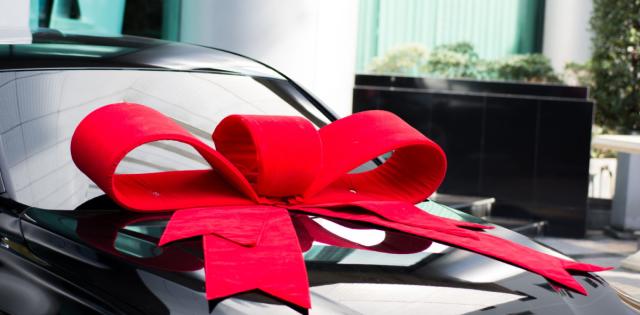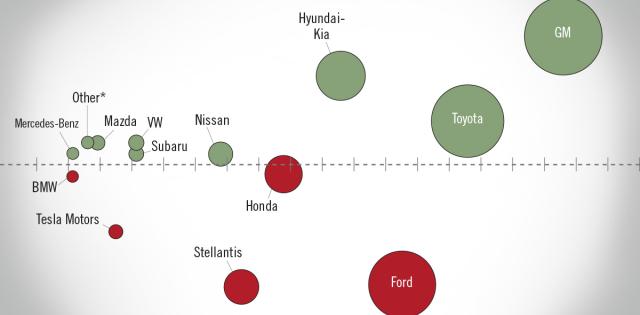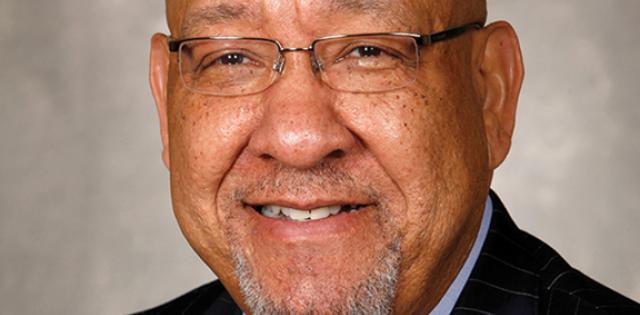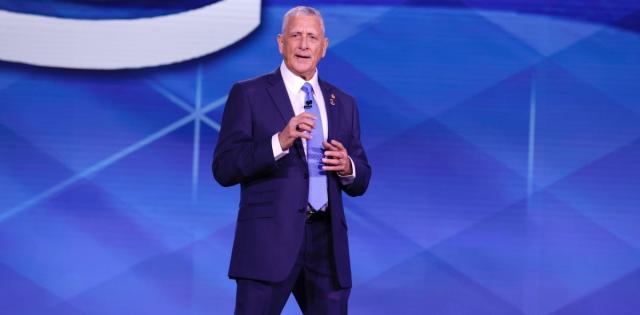A new economic report from the Phoenix Center for Advanced Legal and Economic Public Policy Studies makes one overriding conclusion: state auto franchise laws lower retail prices of new cars, which benefits consumers.
The study, "State Automobile Franchise Laws: Public or Private Interests?" was released in July after years of debate and speculation about the benefits of the dealer franchise network. Professor T. Randolph Beard and Dr. George S. Ford, authors of the study, found that franchise laws do not limit competition or lead to higher prices. Quite the opposite, they found that "all the evidence suggests there is intense competition leading to very low margins on new car sales." This, in turn, demonstrably lowers prices for consumers and alters the way they buy cars and service in a very positive way.
And how does the dealer network compare to manufacturers?
Dr. Ford reports that when selling an automobile-service bundle, the analysis indicated that "franchised auto dealers have a better incentive with respect to consumer desires than car manufacturers." Thus, it makes sense that state legislatures choose a market design that best fits their constituents.
This latest report reaffirms the messages that the National Automobile Dealers Association—and auto dealers nationwide—have been espousing: the car-buying public is better served with our services than without.
For more than 100 years, car buyers have been relying on a system that delivers the most efficient and cost-effective way of buying a car—through franchised dealers. Automakers contract with dealers because we incur billions of dollars in expenses for equipment and facilities; we deliver in-person customer service you cannot get through a computer screen; and we reduce consumer costs through a competitive model that lowers retail prices and makes purchasing possible through dealer-assisted financing.
This latest report is also consistent with what respected auto analyst Maryann Keller reported at a Federal Trade Commission panel earlier this year. She cited empirical evidence showing that intra-brand competition among dealers significantly lowers new-car prices. A direct-sales model would not benefit consumers in the same way. Moreover, the franchise network also promotes public safety and instills confidence in the consumer that there is someone there to help service the vehicle when needed. State governments require dealers to invest in facilities so that help is available to car owners throughout the life of the vehicle, and not just at the point of sale.
As regulators such as the Federal Trade Commission continue to probe the benefits of the franchise system, we urge them to remember that the franchise laws in place not only promote competition in the free market but public safety for all. And YES, that is a win-win for consumers and dealers alike.
Visit nada.org/getthefacts to learn more about the benefits of the dealer franchise system.
Carlson is 2016 NADA chairman and a Ford and Subaru dealer in Glenwood Springs, Colo.


